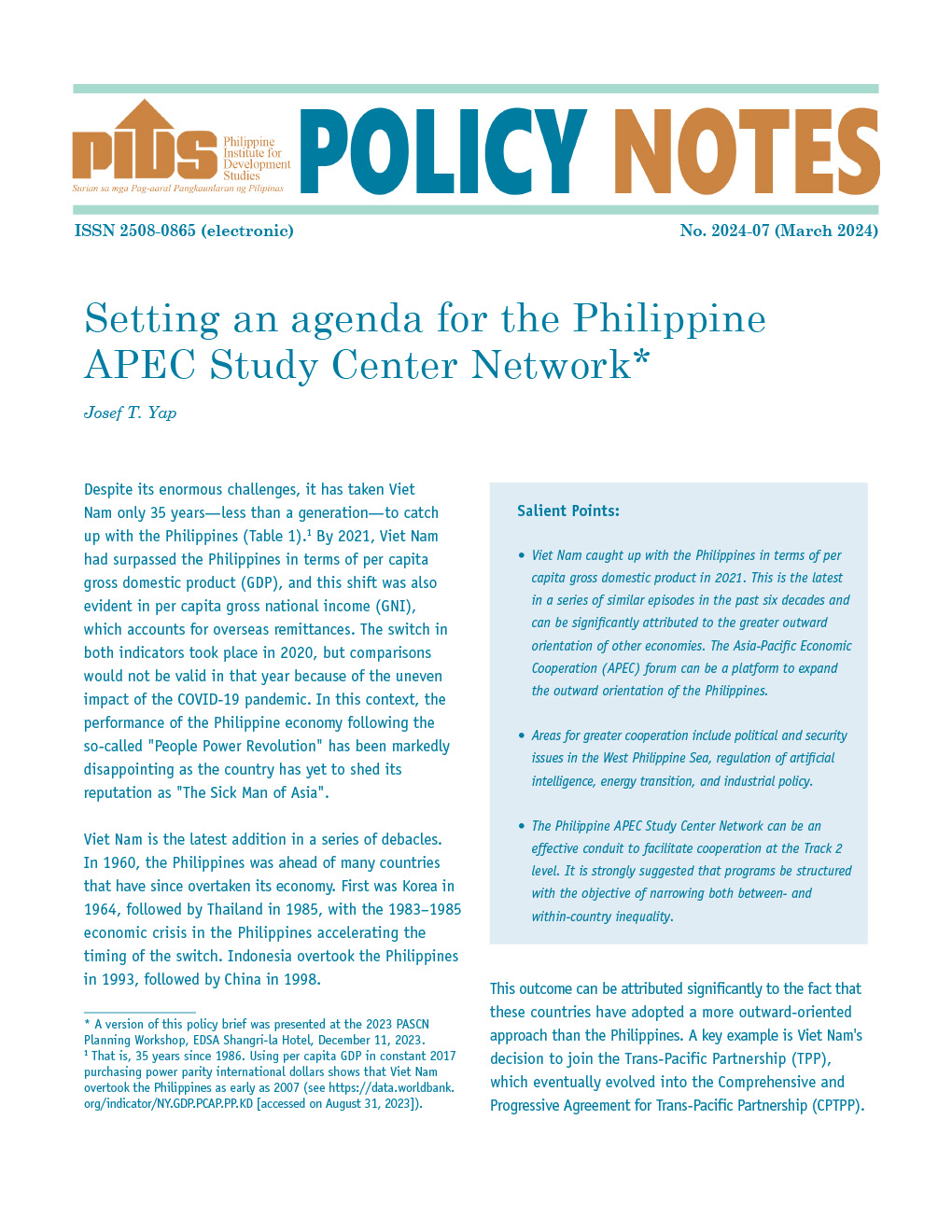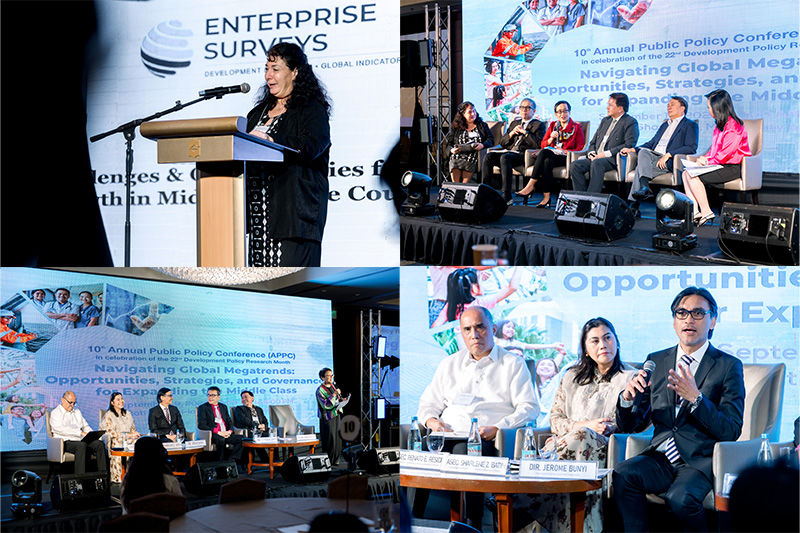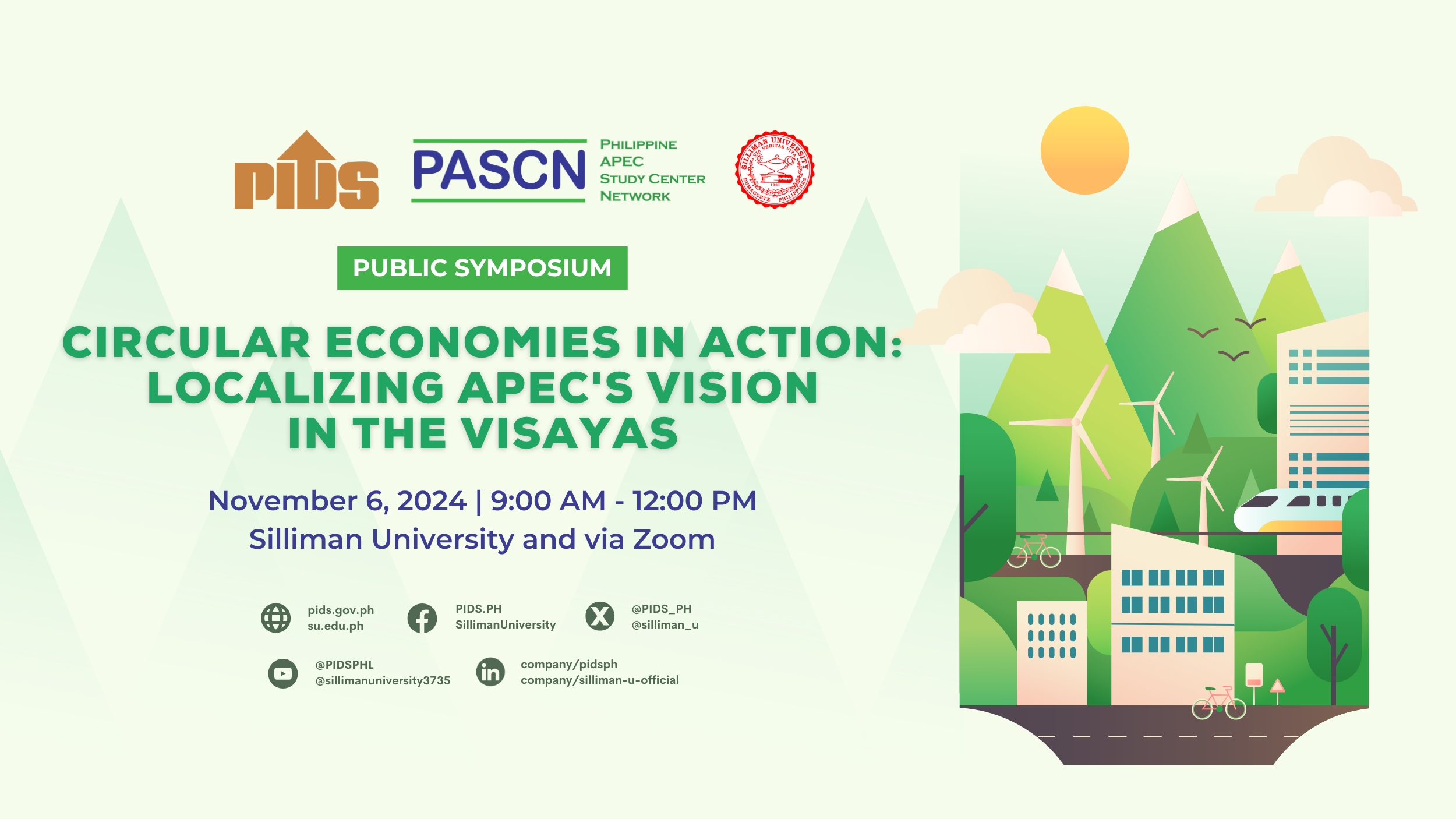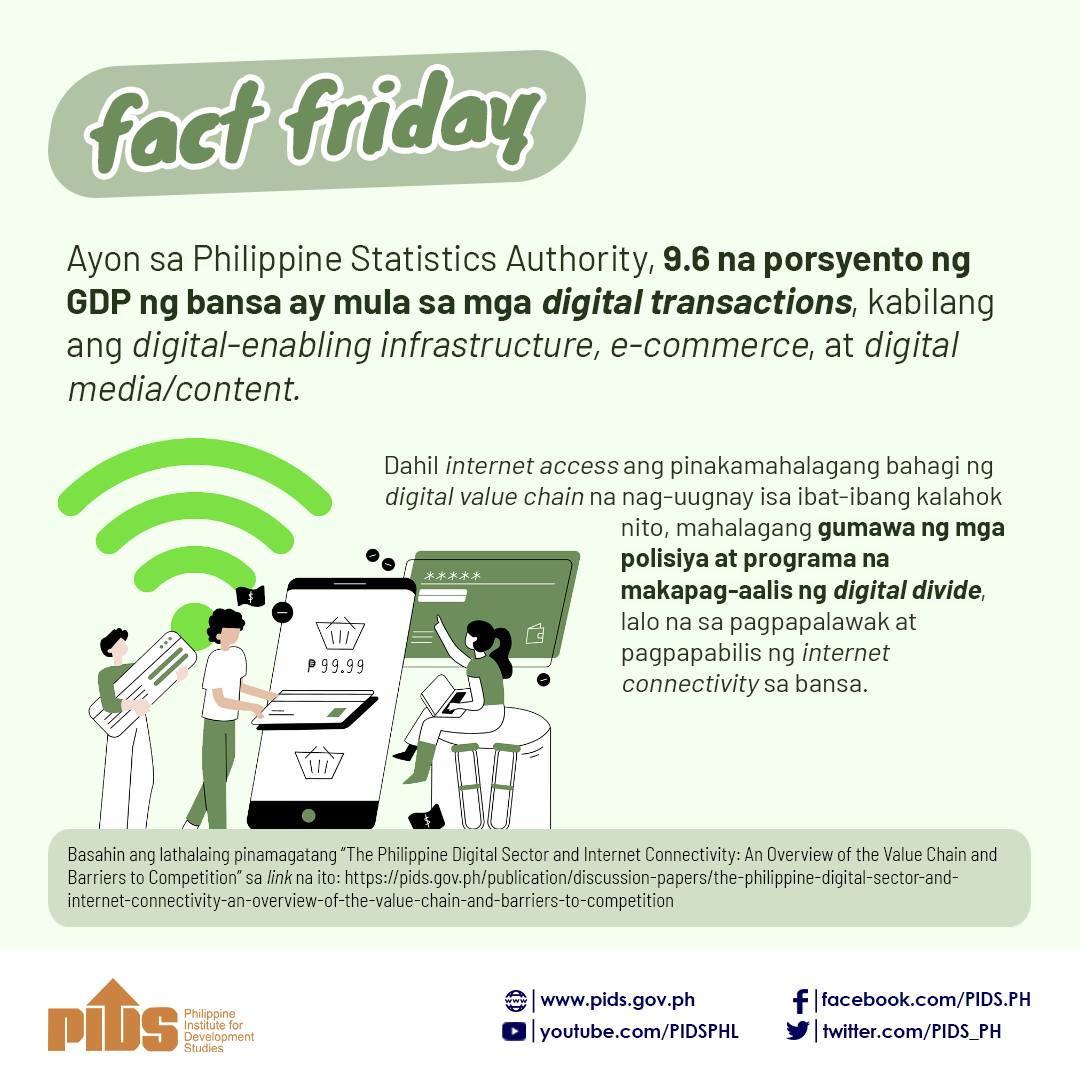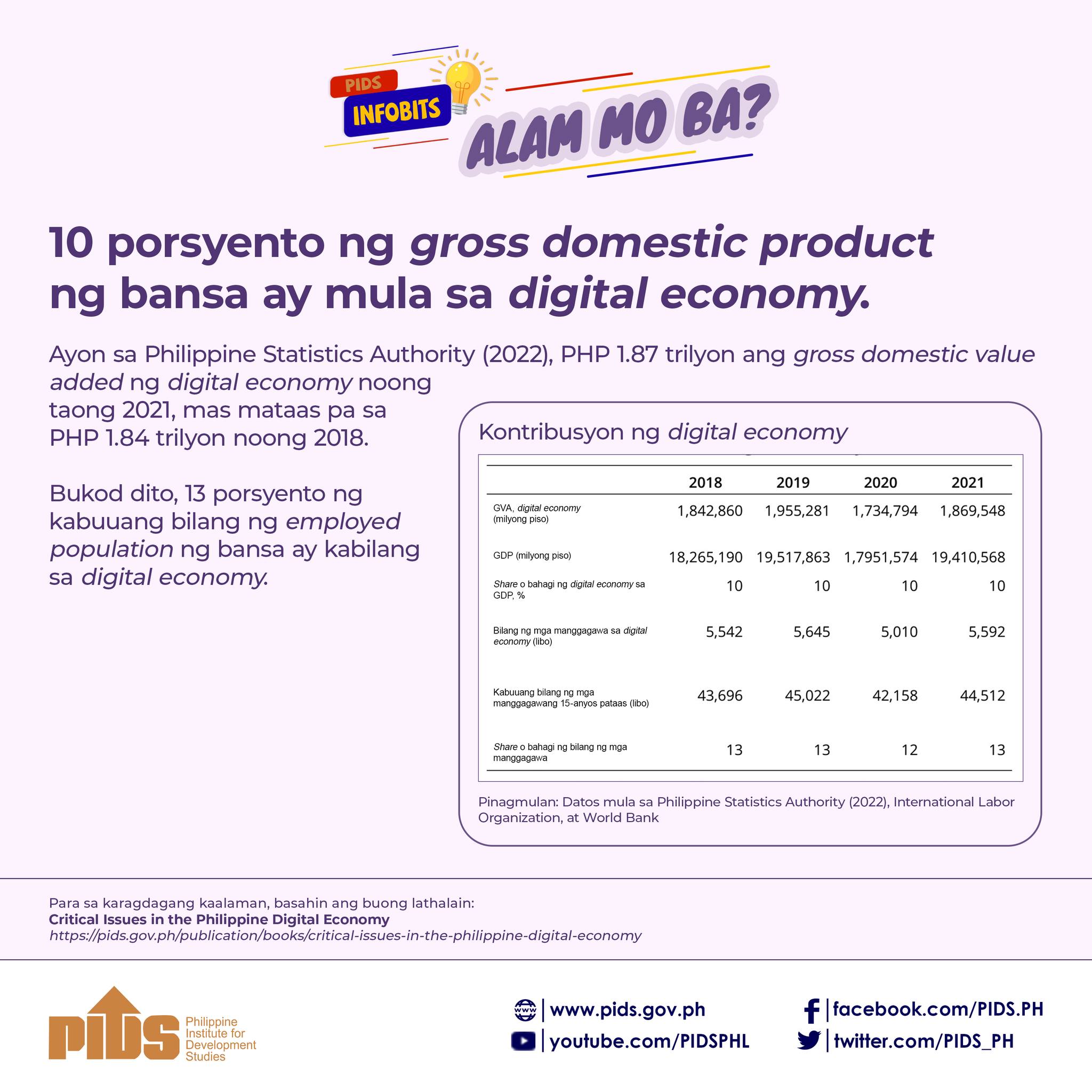The Philippines can focus on services value chains during its chairmanship in the Asia-Pacific Economic Cooperation (Apec) next year in an effort to further boost its export competitive position in services trade.
Ramonette Serafica, senior research fellow of the Philippine Institute for Development Studies (PIDS), said the hosting of the Apec is an opportunity for the country to advance its economic interests in services trade and contribute to regional integration.
This is through highlighting the critical importance of global value chains (GVCs) that are now believed to account for more than 50 percent of global trade, she said in a policy notes.
Citing experts, Serafica said global services value chains are not as well understood as goods value chains.
"Given the Philippines’ comparative advantage in ‘other business services’ and in ‘computer and information services,’ advancing regional cooperation in services value chains can further strengthen our export position in these activities,” she said in a policy paper submitted to select entities obtained by The Daily Tribune.
Based on Organization for Economic Cooperation and Development (OECD) value chains indicators, Serafica said the Philippines had the highest index of GVC participation relative to other APEC economies in electrical and optical equipment in 2009.
Electrical and optical equipment is the most dominant GVC in Apec as indicated by the number of economies where this sector is the most important in terms of GVC participation.
The next is mining and quarrying.
"The growing prominence of GVCs has added a new urgency to develop competitive services so that the country can increase its global participation and enjoy bigger gains by way of higher value added, more jobs and greater productivity improving spill-over effects,” she said.
"Whether in goods value chains where services play an integral role or in services value chains, participation and upgrading rely on competitive services,” she further said.
Citing the OECD data, Serafica said the most prominent services that complement production are transport and warehousing.
Banking and insurance, business services, professional services and communication services are supplied at every stage of production.
She also cited a study indicating that small and medium enterprises in the services sector are most engaged in GVCs.
"They note that services activities are usually less capital-intensive than manufacturing ones and require less physical infrastructure, an advantage for countries with limited physical and financial capital,” she added.

